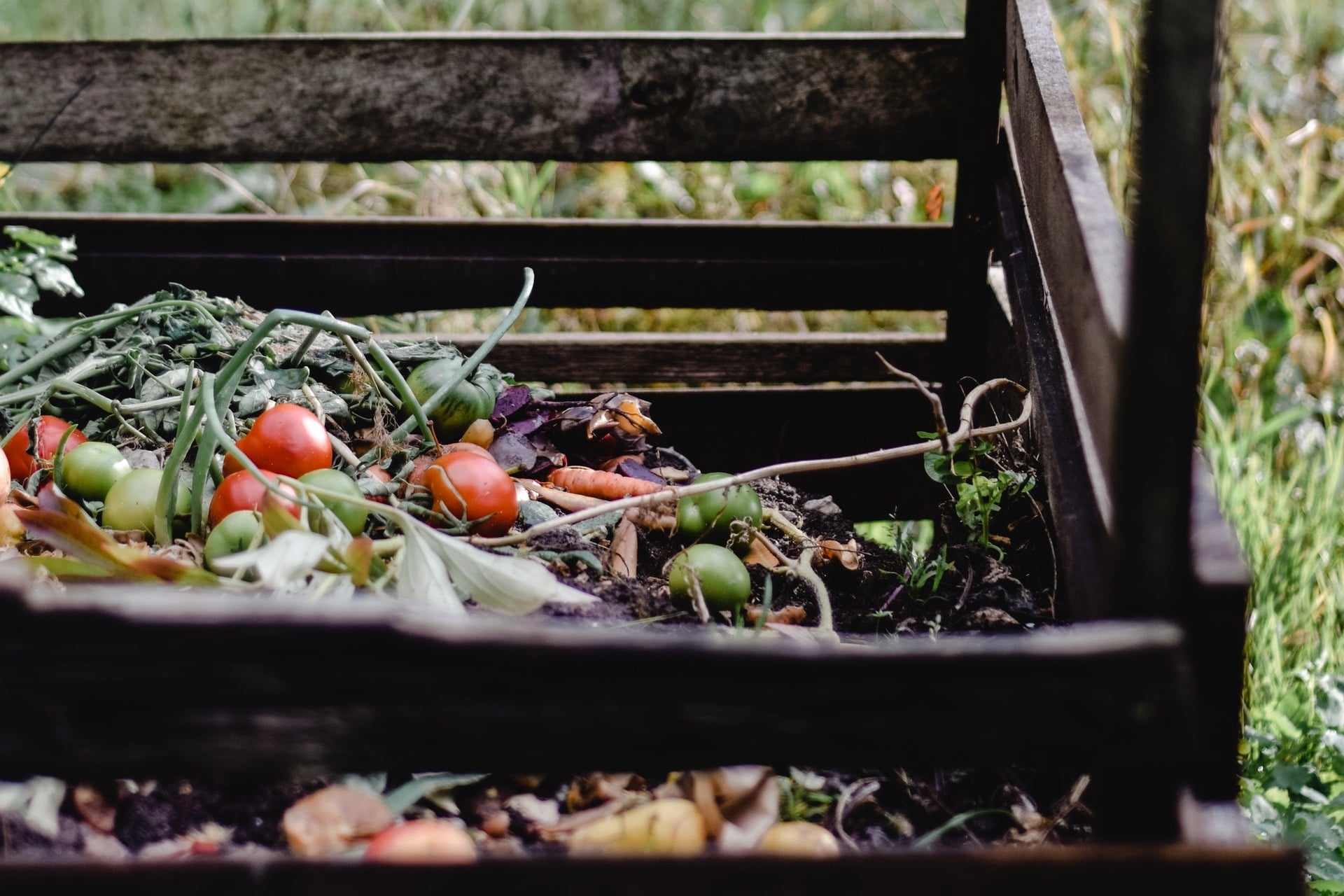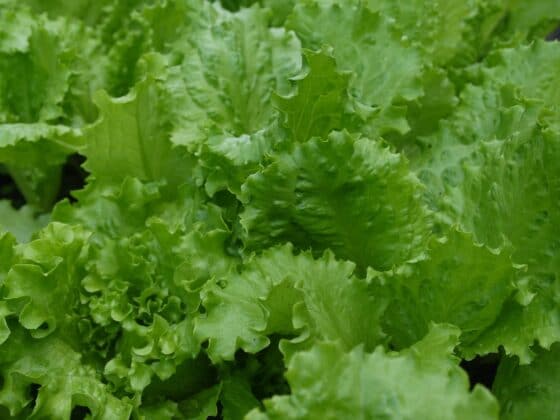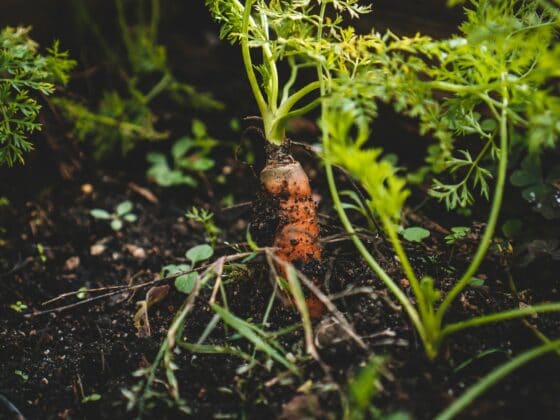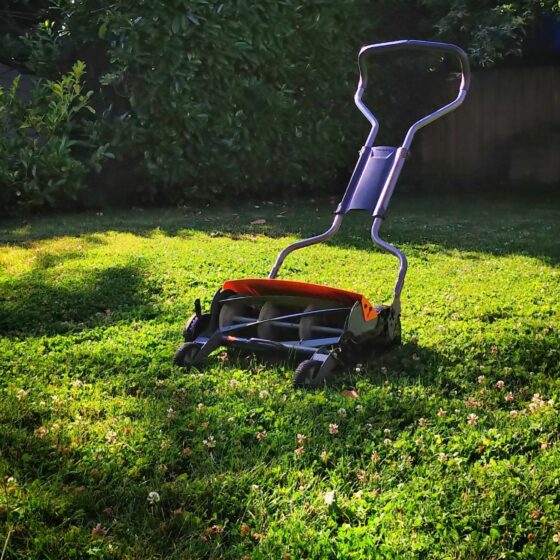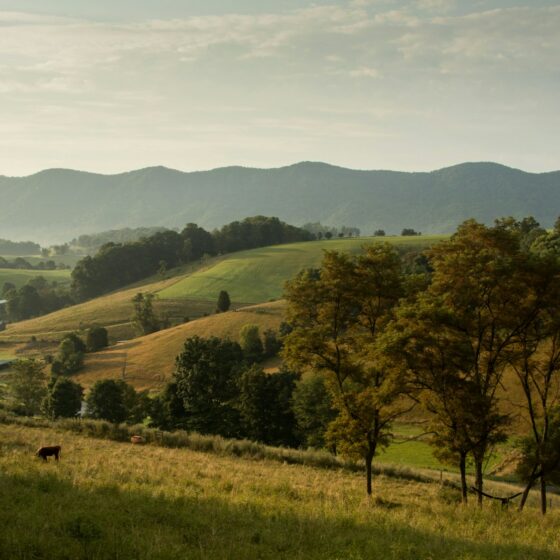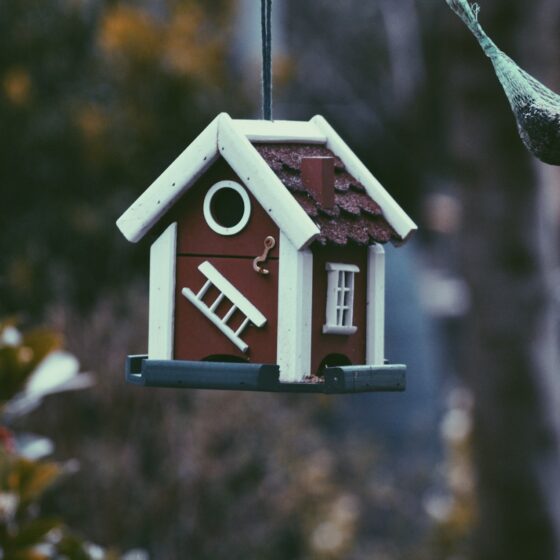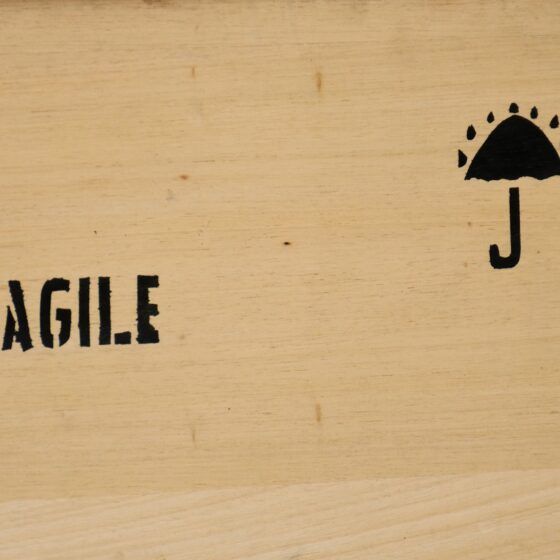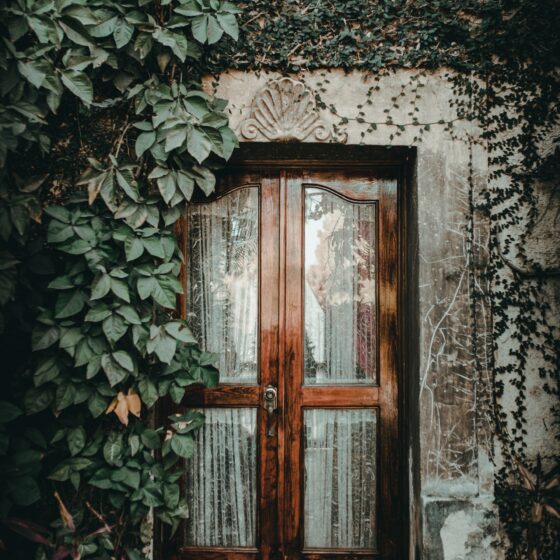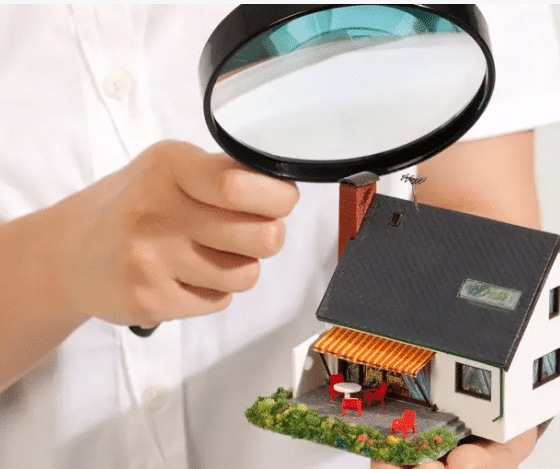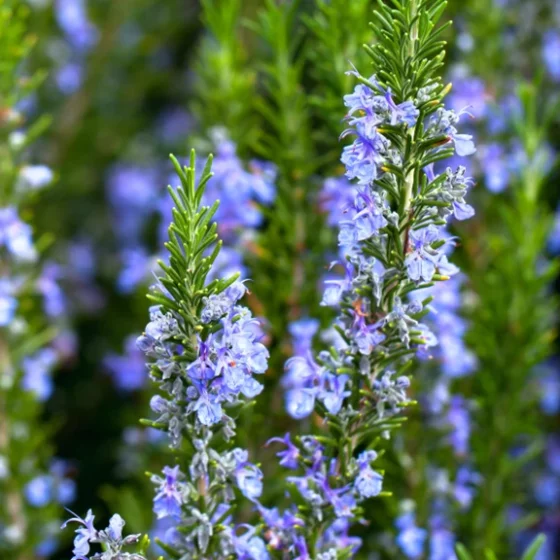If you’re like most gardeners, you probably have a compost pile lying somewhere in your yard, turning that sweet organic waste heap into rich soil. But what do you do with it when winter comes and the ground is covered in snow?
In this article, we’ll teach you how to store compost properly and safely for both winter and other seasons to keep your garden green and healthy.
Want to know more? Then be sure to read our ultimate how-to guide below!
Break it down!
Why Is Storing Compost Necessary?
If you’re an avid gardener, chances are you already know the many benefits of compost and what it can do for your garden. Not only does it help you recycle garden and kitchen waste, but it also provides valuable nutrients for your plants.
Yet, what most people don’t realize is how you need to store compost in the winter to protect it from excess moisture and freezing to reap the full benefits in time for spring.
Namely, the bacteria that are responsible for the breaking down of organic matter need warmer weather conditions in order to fully thrive. That’s why when the temperature starts to drop, the entire composting process slows down; but, it doesn’t stop completely.
How Long Does Compost Last?
Well-preserved compost can last almost indefinitely. Poorly maintained compost, on the other hand, has a much shorter lifespan — a few months at best.
To stay on the safe side, it’s best to use the compost about three to four months after it’s finished, despite it not going bad; the longer you store your compost, the more nutrients it loses.
Can Compost Go Bad?
Yes, your compost can go bad if all the helpful microorganisms die off or certain fungi take over, making it completely useless. However, unlike your food, bad compost can be remedied.
To preserve your hard-earned compost, simply move it to a better storage area; one you have more control over.
Next, add more dry components such as shredded paper, dry sawdust, or cardboard — you want it to be moist but not wet. Otherwise, it’ll just become a sludgy mess; one you have to clean up yourself…
After you do all of that, give it a while and your compost will start looking more like its old self!
Where to Store Your Compost?
Pick a spot where you can control things such as the humidity, temperature, and aeration of the place. That way you can keep your compost safe from fungi and uncontrolled rotting, which deplete it of its essential nutrients.
Store in a Cool Dark Place
When we say this, we’re not suggesting you play Dungeons and Dragons with your compost pile (though a dungeon would be nice). We’re just stating that in order to store your compost over winter without it going bad, you need a place that’s cool enough (but not freezing) to let moisture do its magic.
You can even use a dark corner of your basement or the space under your porch if the weather permits it. Just keep in mind that the ideal composting temperature is between 135°F and 160°F.
Note that if your compost pile gets too hot, all the beneficial bacteria will perish. That really stinks (quite literally) as you’ll soon notice upon inspecting your newly-formed sludge pile (formerly compost).
Take Air When Storing Compost
Joke aside, you need to provide your compost pile with plenty of room to breathe. Otherwise, it’ll start producing methane gas (and we all know what that smells like). Not to mention that it’s bad for the environment.
To provide adequate aeration, you can either drill holes at the bottom of your compost bin or find a compost container with slats on the sides to allow better airflow. Turning your compost pile every once in a while is also a good idea.
Make Your Compost Storage Animal Proof
Keep your compost pile far from view of any animal that might want to get to it; both domesticated and wild.
For instance, say you want to get rid of some pesky skunks or similar critters that keep feasting on your compost pile. Well, a good way of doing just that is to eliminate any potential food sources — like the “all-you-can-eat buffet” you just set up for them!
That way you’ll make sure they don’t come back for any second helpings and you can sleep soundly at night knowing your compost pile is snuggled safely behind closed doors.
How to Store Compost in the Winter
If you have particularly harsh winters in your area, you have to secure a warm spot for your compost storage, such as a shed or a barn. That way you won’t risk freezing your precious compost in the cold open air or getting it wet due to heavy snowfall.
Likewise, if you have extremely dry or windy weather, be sure to spray some water over your compost pile every once in a while to keep it from drying up.
How to Store Your Compost at Home
There are a couple of neat life hacks that you can use to help preserve your compost pile indoors.
First, go to the kitchen and place any leftovers you might have lying around into a quality blender. Chop it all up and “feed” it to your compost pile. Yummy!
Blending your food scraps for compost will not only speed up the composting process but also save you tons of space.
Here are some other great ideas:
Set Up a Worm Farm in Your Basement
If you can handle the sight of it, growing vermiculture — a farm of vermicast-producing earthworms — is super effective. They help speed up the entire process, keep the compost aerated, and provide high-quality humus!
And before you get any crazy ideas, we’re not talking about that kind of hummus… We’re talking about worm humus — the final product of decomposed material excreted by earthworms, aka vermicast!
So, if you ever worm up to the idea, buy yourself a starter kit and get started. Your compost pile will thank you for it!
Store Compost in Your Kitchen
Don’t worry! We’re not going to make a mess out of your kitchen, and neither will you!
Getting a quality compost bin is a simple and effective way of storing compost in your kitchen. These neat little containers have a tight-fitting lid and a charcoal filter to ward off any unpleasant odors.
Some people even use a simple garbage bin to store their compost, but we advise against that.
Store Your Compost in the Freezer
Although you can’t make your compost in the freezer (it’s too cold), you can use it to store any excess food you might have left to grow your compost later on. That way, you won’t have to worry about any obnoxious odors or attracting pesky insects, mold, or fungi.
Simply place the leftovers in a plastic bag and put them in the freezer. Once your compost is good to go, just toss them in; no muss no fuss!
Easy Ways to Store Your Compost Outside
Cover the Compost Pile With a Tarp
If you’re fortunate enough to live in places with milder winters, you can just leave your compost on the ground and cover it up with a tarp or plastic sheeting.
Better yet, you can use your trusty leaf blower and stack some leaves on your compost pile before covering it up. Not only will this protect your compost pile from getting wet but it will also keep it nice and damp; just how the worms like it! As a result, they’ll gladly assist you with the decomposition process.
Dig a Trench
If you ever wanted to be a Roman legionnaire, now’s your chance!
For real, a trench is one of the best (if not cheapest) ways to store homemade compost outdoors. Just make sure you do it while the soil is still soft!
Here’s how:
- Dig a trench where you plan to dump your compost and make it at least 10-inches deep; the deeper the trench, the warmer your compost pile will be during the cold winter months.
- Now fill the trench with compost.
- Cover the trench with a tarp or a large piece of plywood to keep it from freezing; remember to do so each time you leave food scraps for your compost pile.
- Turn it periodically to let the materials breathe and help them break down faster.
- Stop adding stuff to the compost when it reaches four inches in height.
- Once spring comes, move your compost and cover the trench with soil (you don’t want anyone to fall in there and injure themselves at night).
One Man’s Trash…
How do I store compost for next year if I have a small yard?
Simple, store it in a plastic bin outside!
Get a large enough bin that can hold all of your winter organic waste. Poke holes for better drainage at the bottom — if it doesn’t have any — and place it somewhere safe.
You can even use garbage cans to store your compost. Just make sure they’re not near your driveway; you don’t want to chase some sneaky garbage truck for snatching all your precious compost!
Also, be sure to check the moisture levels every now and then. Use a garden fork to turn the batch from top to bottom. If the compost is dry, sprinkle some water and stir (and don’t forget to season it with some yummy leftovers while you’re at it!).
How to Store Finished Compost
Once your compost is done breaking down, you can store it in a plastic bin or bag for safekeeping. Be sure to label the containers with the proper dates, so you know which ones are ready for use.
In case you have scorching hot summers at home, you may want to store your finished compost somewhere cold and damp, like your basement. This will keep it safe from intense heat as that will likely kill all the beneficial microorganisms and ruin your entire batch.
Moreover, storing finished compost in the fridge isn’t recommended due to obvious hygienic reasons. Not only that but the cold can also halt the decomposition entirely and even kill off the useful bacteria.
Tea Time
Although it may sound horrible, you can make quite a potent liquid fertilizer for your plants by soaking finished compost in water for a few days. This concentrated mixture is appropriately named “compost tea.“
Compost tea is excellent for preventing powdery mildew on your plants. Simply mix one part compost tea with nine parts water, and spray it on your plants once a week.
Better yet, compost tea can be kept in a sealed container for up to six days without going bad. To store it for longer, you will have to provide proper aeration with either an aquarium pump or a bubbler stone.
Conclusion
Composting is a fantastic way of improving your garden, not to mention the environment.
We hope this blog post helped you with the difficult task of storing compost for winter season. And hopefully providing you with some high-quality potting soil in the process.
FAQ
Does compost get old?
Yes, if left neglected, compost can get dry, moldy, and lifeless. Storing your compost properly will ensure it remains active and teeming with microbes, ready to turn your kitchen scraps into rich soil fertilizer. There are even ways to “revive” your old compost if things go South.
How do you store compost for the winter?
To successfully store compost for winter, place it in the following:
- An enclosed bin with a tight-fitting lid
- An open bin, covered with a tarp or other breathable material
- In a dug-out trench (to conserve heat)
- In a plastic bag placed in a cool, dark place such as a garage or basement
- A plastic bin that’s placed in the refrigerator
- Frozen in ice cubes or snow
Can I use compost from last year?
Using last-year’s compost is totally fine if it was stored properly. If you’re uncertain, do a “smell test” — in other words, if it smells funny or reeks of death, it probably is. Lack of worms and insects, and slow decomposition of leaves or similar organic material are also red flags.
How often do you water compost?
If you live in a relatively hot and dry area, you’ll need to water your compost every few days. Alternatively, you should wait for at least a week before watering your compost again. Otherwise, you risk turning it into useless ooze.
How do you know when a compost is finished?
You know compost is ready when it has a rich, black appearance, an earthy odor, and feels crumbly under the fingers. To put it another way, your compost is ready once it feels and smell like earth rather than decaying vegetables.
You’re more likely to succeed if you learn how to store compost properly, which we explain in our detailed guide.

